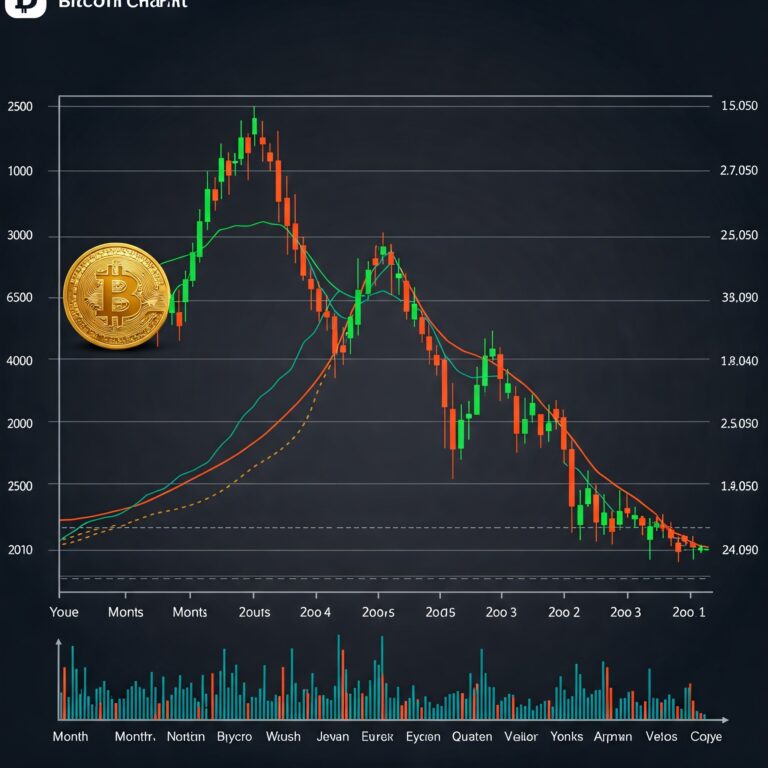
As Donald Trump gears up to fulfill his expansive list of campaign promises, one pledge stands out as particularly challenging: his commitment to ensure that all remaining Bitcoin is “made in the USA.” Trump announced this pledge on his Truth Social platform in June, following a meeting with executives from Bitcoin mining companies at Mar-a-Lago. These firms operate sophisticated data centers that validate transactions on the blockchain, earning Bitcoin or other cryptocurrencies in return. This event marked a significant shift, turning Trump from a critic to a champion of the crypto industry.
“It’s a classic Trump statement, but it’s far from feasible,” remarked Ethan Vera, the chief operating officer at Luxor Technology in Seattle, a company that supports miners with software and services.
In reality, this promise faces insurmountable obstacles due to Bitcoin’s decentralized nature, where no single entity can control or exclude participants from the mining process. The global competition in Bitcoin mining is heating up as international operations vie for a share of the industry’s substantial annual revenue.
Emerging competitors include Russian oligarchs, Dubai’s royal family, and Chinese investors in Africa, all drawn by the potential profit despite the high energy demands. With 95% of the 21 million Bitcoins already mined, the remaining supply will be carved out over the next century, making the control of new Bitcoin creation even more complex.
In the U.S., Bitcoin mining has grown into a multi-billion-dollar sector, fueled by soaring Bitcoin prices. Yet, American miners contribute less than half of the global computing power needed for Bitcoin mining, making it unfeasible for the U.S. to monopolize the process.
Although specific data on global mining power distribution isn’t public, companies like Luxor possess detailed insights through their mining software, which pools computing resources to enhance miners’ chances of earning Bitcoin.
Companies like CleanSpark Inc. and Riot Platforms Inc. have rallied behind Trump, anticipating his policies might reduce environmental regulations, limit foreign competition, and reverse what they perceive as stringent rules from the Biden era. Trump’s endorsement of cryptocurrencies notably helped him raise around $135 million in campaign funds, more than any other sector during the last election cycle.





